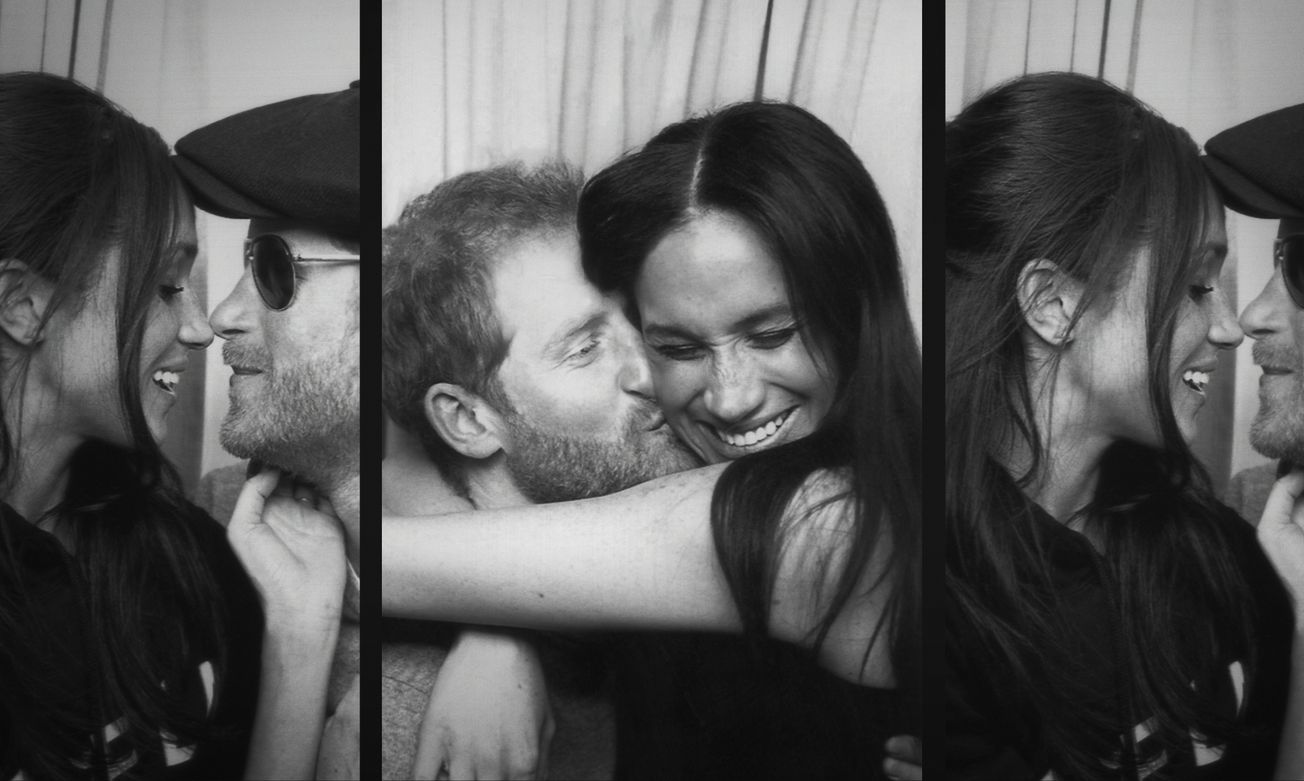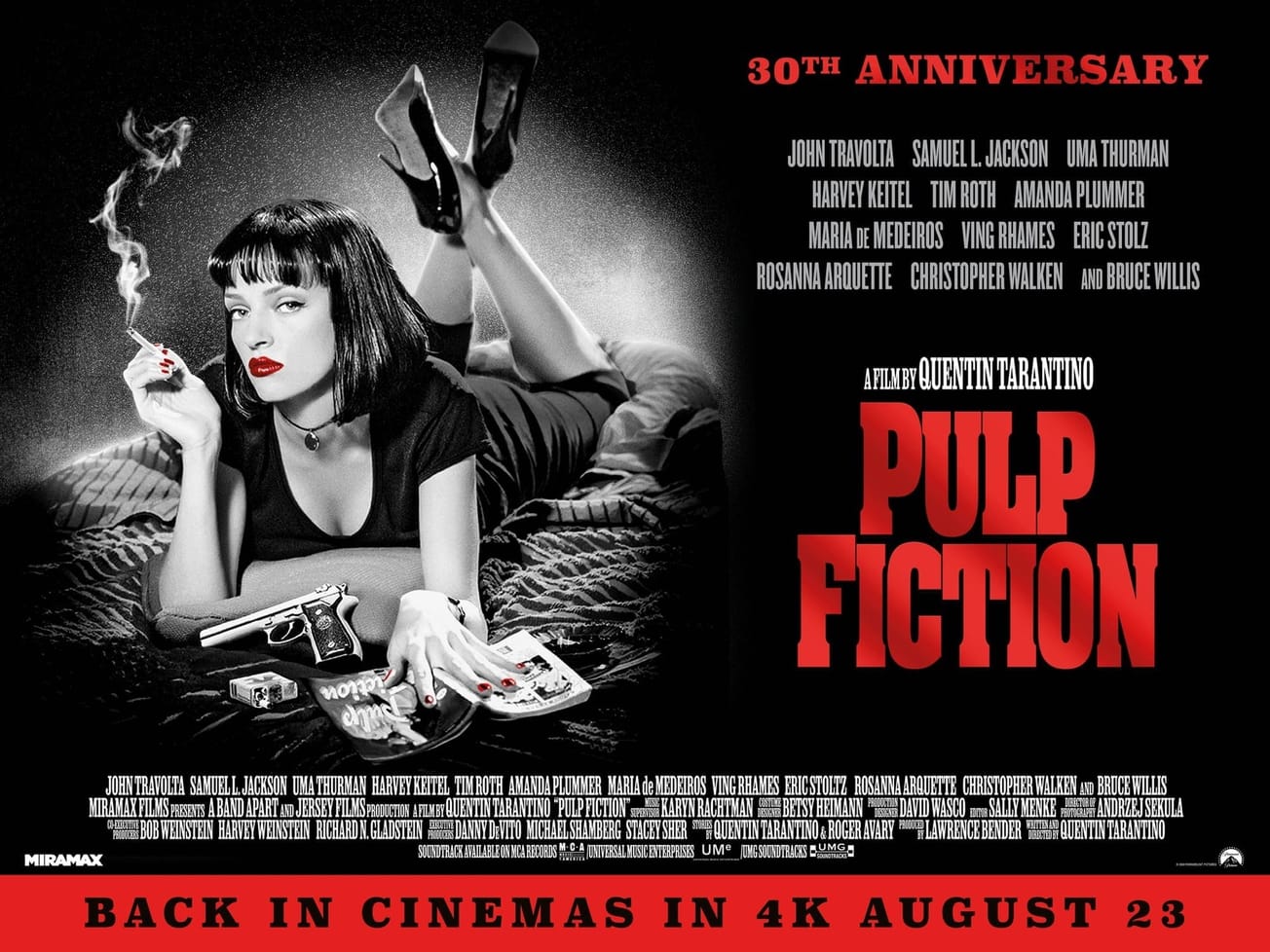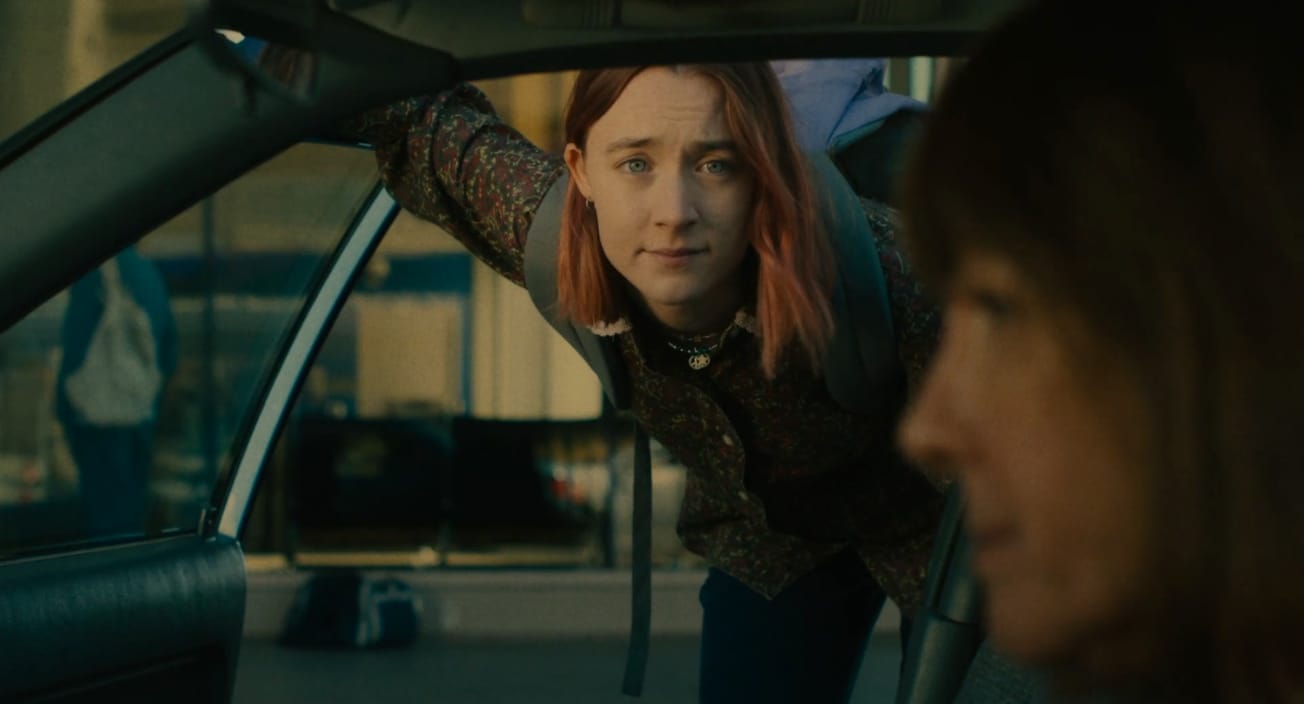By Isabelle Blakeney, Third Year, English and History
On hearing about Netflix’s Harry and Meghan, the latest instalment of the Sussex’s royal saga, the vast majority of British reactions were eye rolls and groans. The tabloids have milked the drama to what we thought was the last inch of its life, and just when you thought it was over, the royal couple’s reactions (take the Oprah interview, for example) pick it up and carry it off downstream yet again.
Don’t get me wrong, there are necessary discussions, and pressing issues buried deep amongst the gossip and the theatrics. The role of the British monarchy in turning a blind eye to and encouraging racism and bullying is not something to be swept under the rug. And if you squint your eyes enough, the Harry and Meghan (2022) docuseries does begin to divulge some of this. But it’s quickly clouded by the Love-Island-interview-style production, sickeningly sweet montages, and predictably dramatic score.
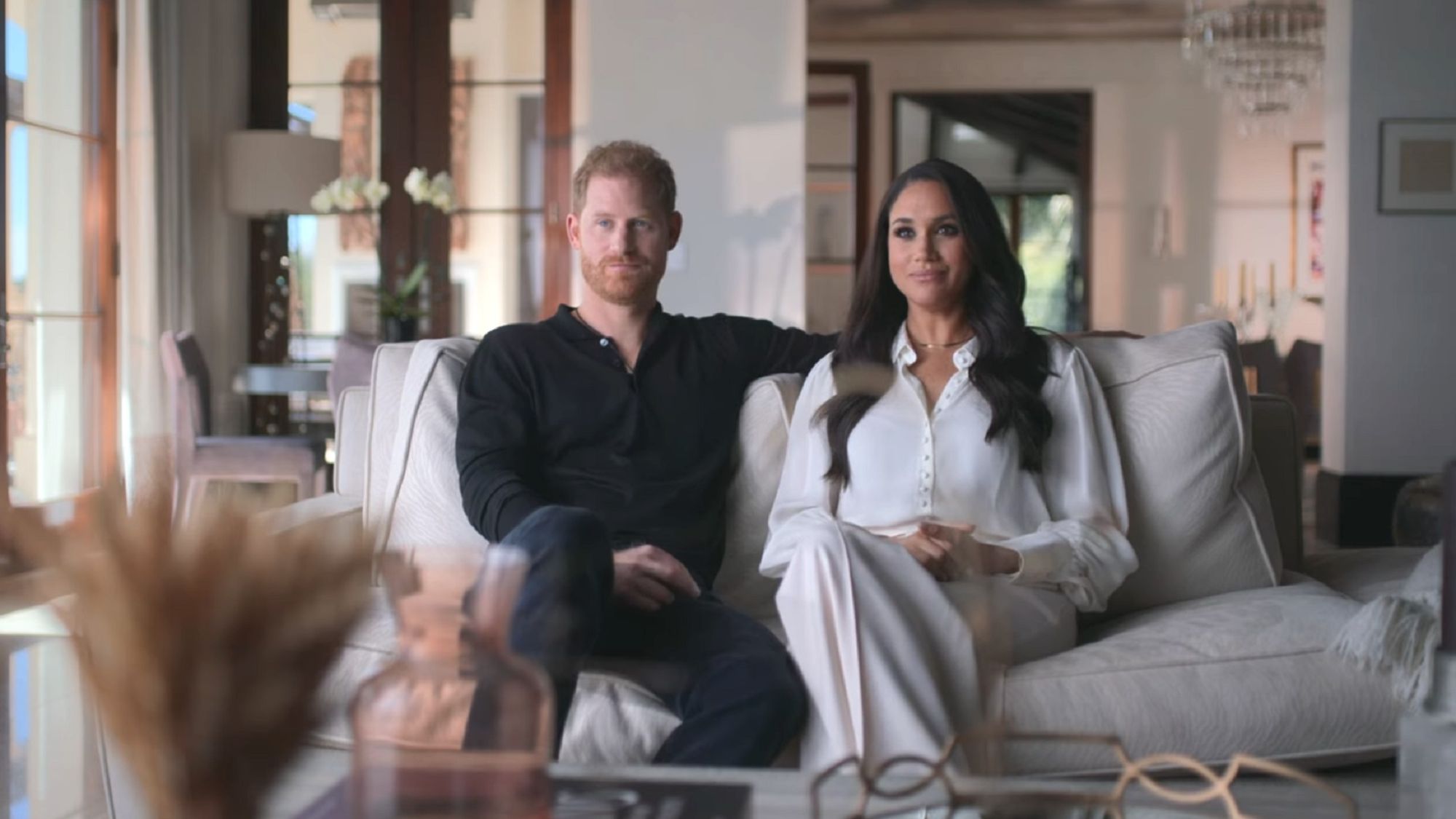
The story of the Duke and Duchess has played out mostly through obsessive media coverage, accompanied by their own reactions and a deafening and purposeful silence from the Royal Family. A silence, however, cut by the likes of Camilla inviting both Piers Morgan and Jeremy Clarkson to lunch, despite them being her daughter-in-law’s most aggressive bullies.
So what about Netflix’s latest addition to the saga? Does it add to the gossip and pour fuel on the royal fire, or bring the real and relevant argument out into the wider discussion of institutional racism?
My initial reaction was that no, it doesn’t. As much as I wanted to love the series (mostly as opposed to the British press), the cheesy presentation of their relationship as a modern-day fairy tale felt slightly over-stylised.
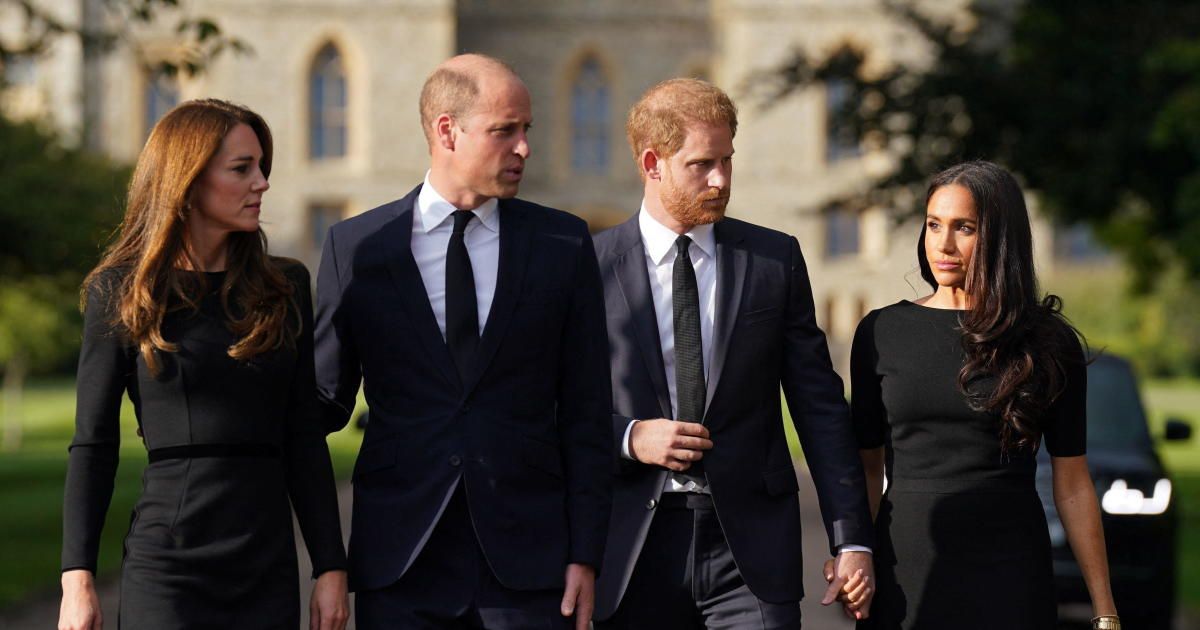
The repeated shots of Meghan and Harry as a ‘normal’ couple, barefoot in the garden ‘just picking some roses’, for example, felt a bit unnatural. The general vibe is that they are desperate to curate a new image of themselves. And who can blame them?
When Meghan is asked in episode one why she wants to create this docu-series, she claims she wants to tell her own story rather than have other people tell it for her. Which is a fair enough point. Except that the show becomes so oversaturated with the obvious desire to illustrate their relationship as one of undying love that a very sugary coating is painted over any other more salient discussions.
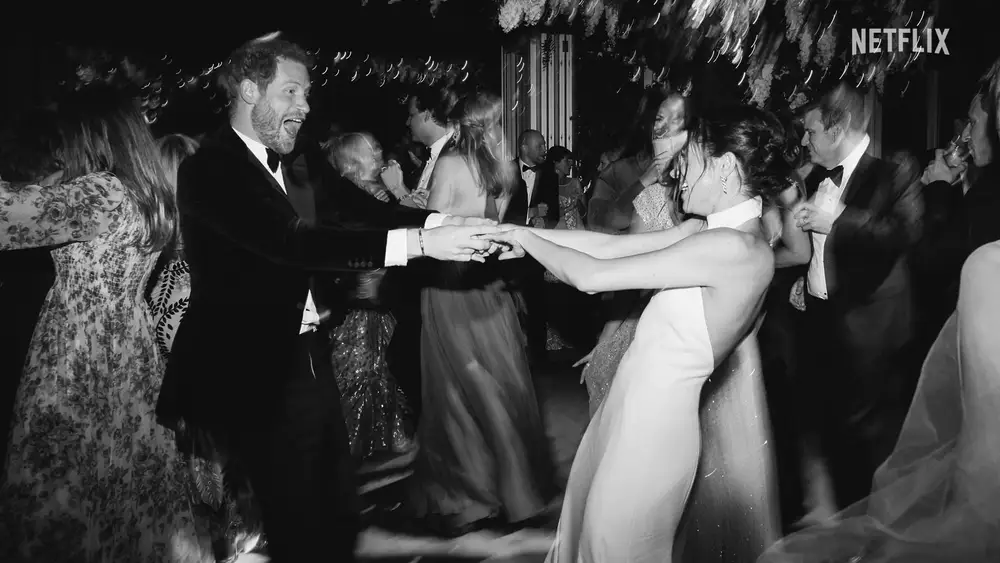
The show is split into six episodes, half of which were released a week before the other. This attempt at anticipation-building was unravelled by the lack of excitement or interest in the first release.
The episodes run roughly chronologically, but with just enough jumping backwards and forwards to make it feel disjointed and confusing. The constant interspersion of clips of Diana felt like an added attempt at likeability, a blatant shot at painting Meghan as the new ‘people’s princess’.
As the series progresses, it begins to touch on the abuse of the couple by the press and the moral corruption of the institution of the family. It’s a fairly good reiteration of the problems, but that’s all it is: a reiteration. It discusses the racist undertones, and sometimes overtones, of tabloid articles and the specifics of their legal battle against the Mail on Sunday. Other than a few fresh perspectives on publicised events, the series offers no new information.
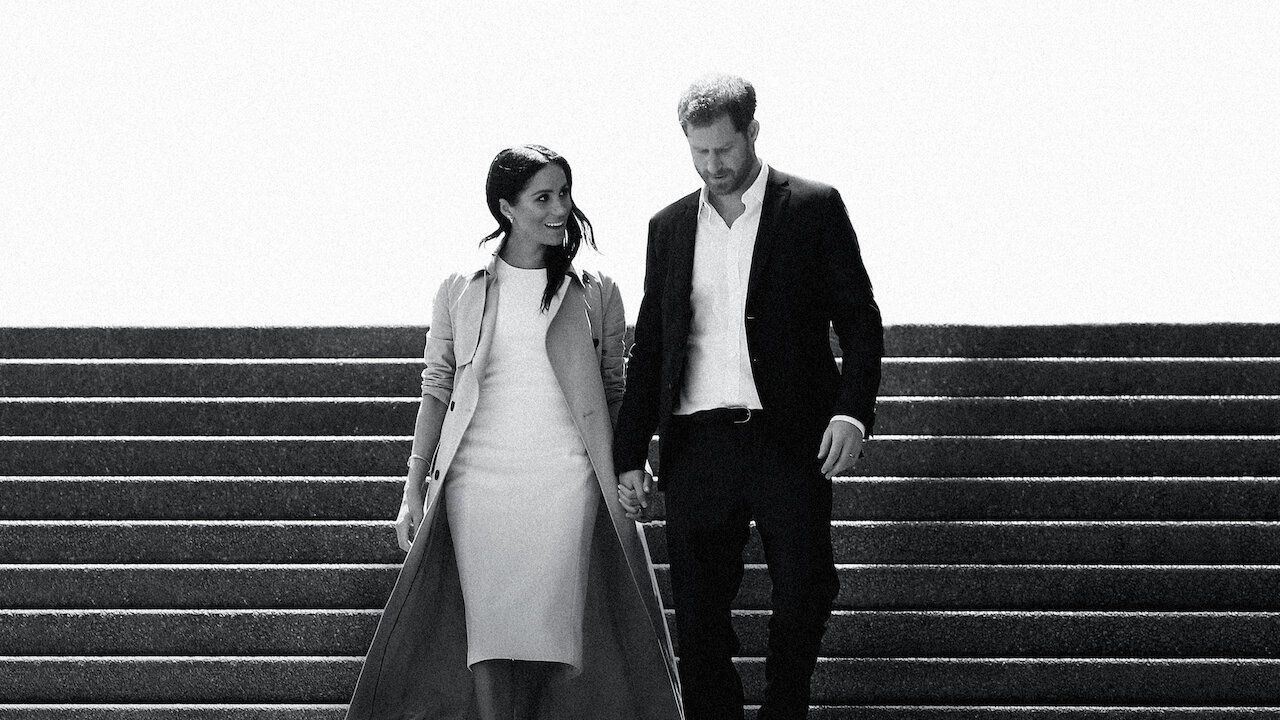
Episode five slowly moves more into newly explicit criticisms of the Royal Family, notably Harry’s crumbling relationship with his brother. For me, this was the most interesting part of the series.
The press will write whatever will sell papers, and the British public love to hate- so the pair work in vicious tandem. The Institution, however, made a pointed choice to stay silent on these matters. As the couple tearfully recalled, they were willing to lie instantly to protect William but not tell the truth to protect them.
And it’s not as though they don’t have power in their relationship with the press: the palace made a deal to protect the brothers from harassment growing up, but they chose not to do so with Meghan.
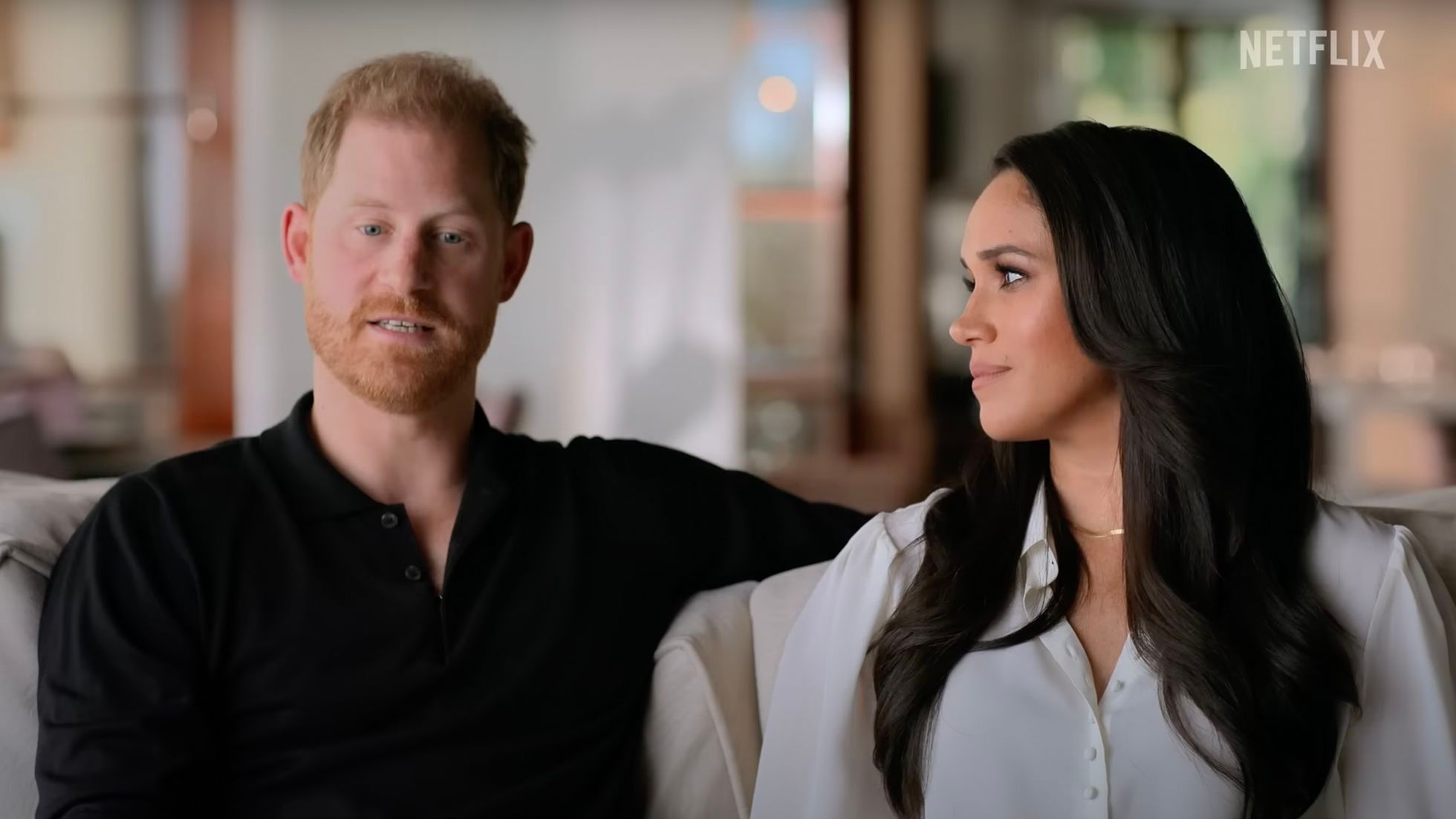
I just wish this point had been developed and explored more. The role of the Royal Family in the couple’s abuse is, in my opinion, the most pressing issue of the saga. If institutional racism and bullying had been the focus of the series, a crucial and pressing discussion might have been brought back into the limelight and contributed to the discussion of the necessity of a monarchy in the modern age.
But instead, the nuggets of importance are overridden by the abundance of self-pitying sighs and theatrics. The constant reiteration of their love is shoved so deep down your throat that swallowing anything of substance is difficult, verging on impossible.
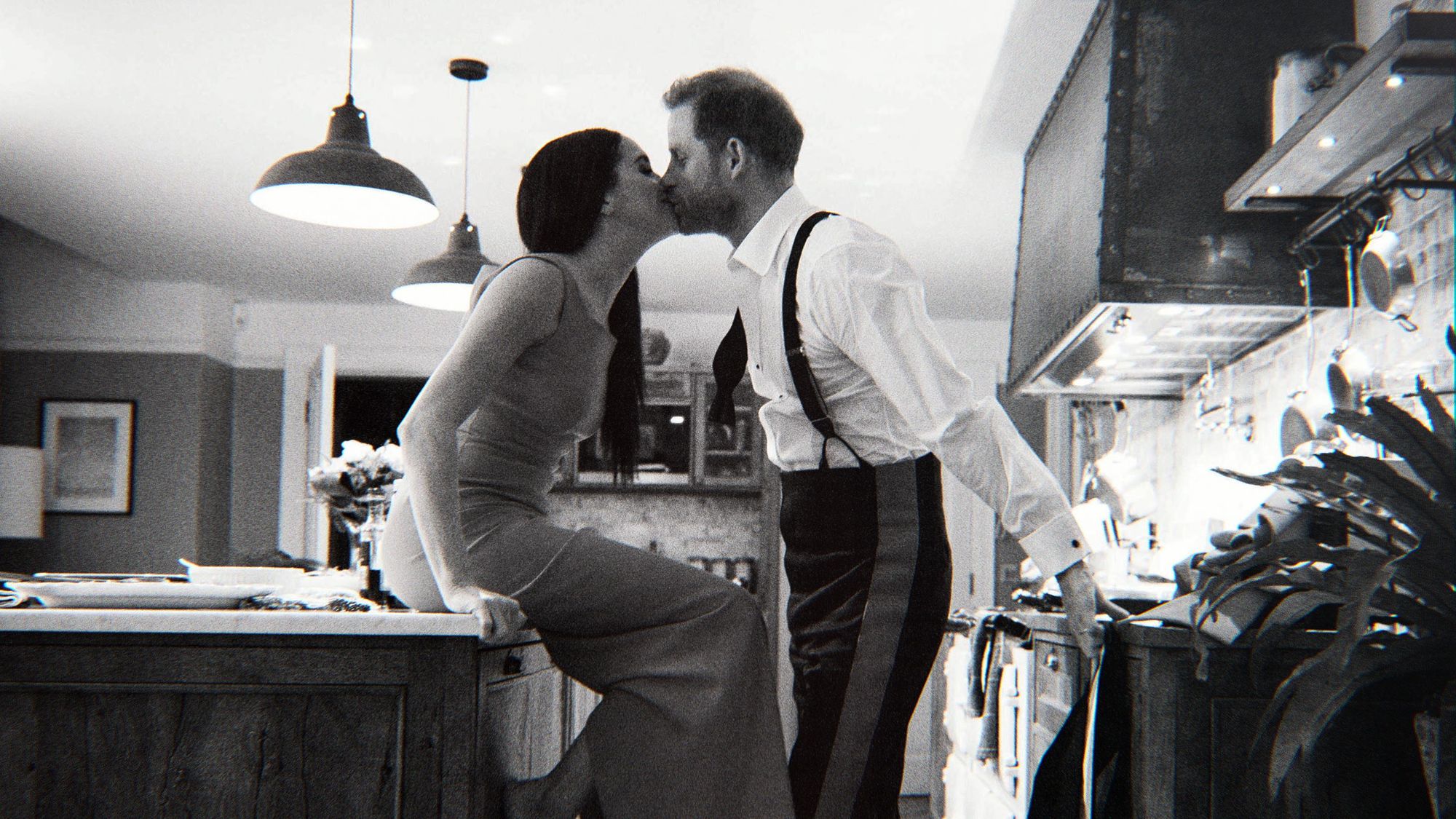
Final thoughts? It’s okay; if you enjoy an ITV reality show, it’ll be right up your street. But if, like me, you watched one too many episodes of Love Island back in 2018 and they no longer hit the spot, Harry and Meghan is just a bit tedious.
Its main issue is the intense desire of the couple to be liked- an understandable desire when you’ve spent the last six years being hated. But that desperation clouds any real substance and instead makes for a cheesy, oversaturated, and inorganic attempt at a ‘love story’.
Featured Image: Netflix on IMDB
Will you be watching Harry & Meghan's docuseries?

